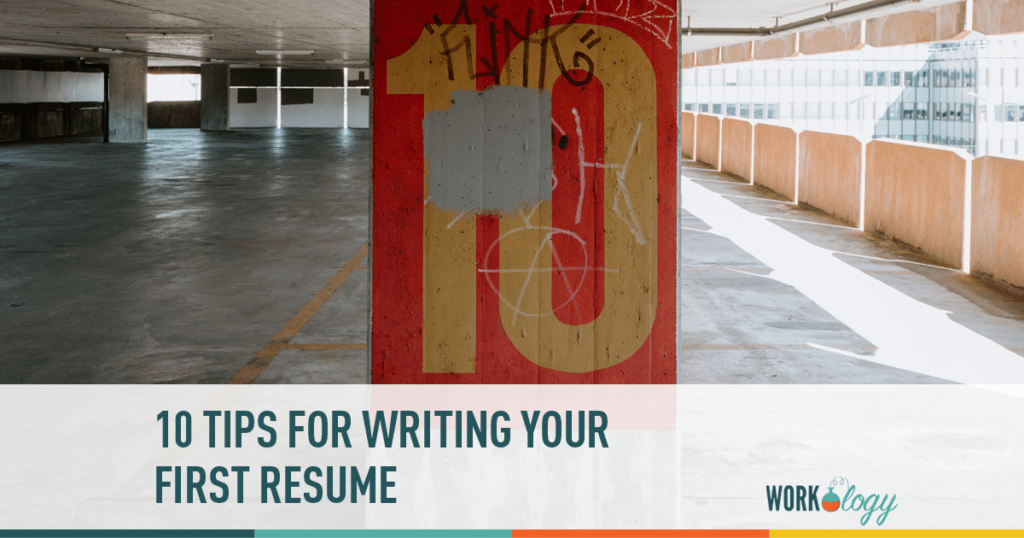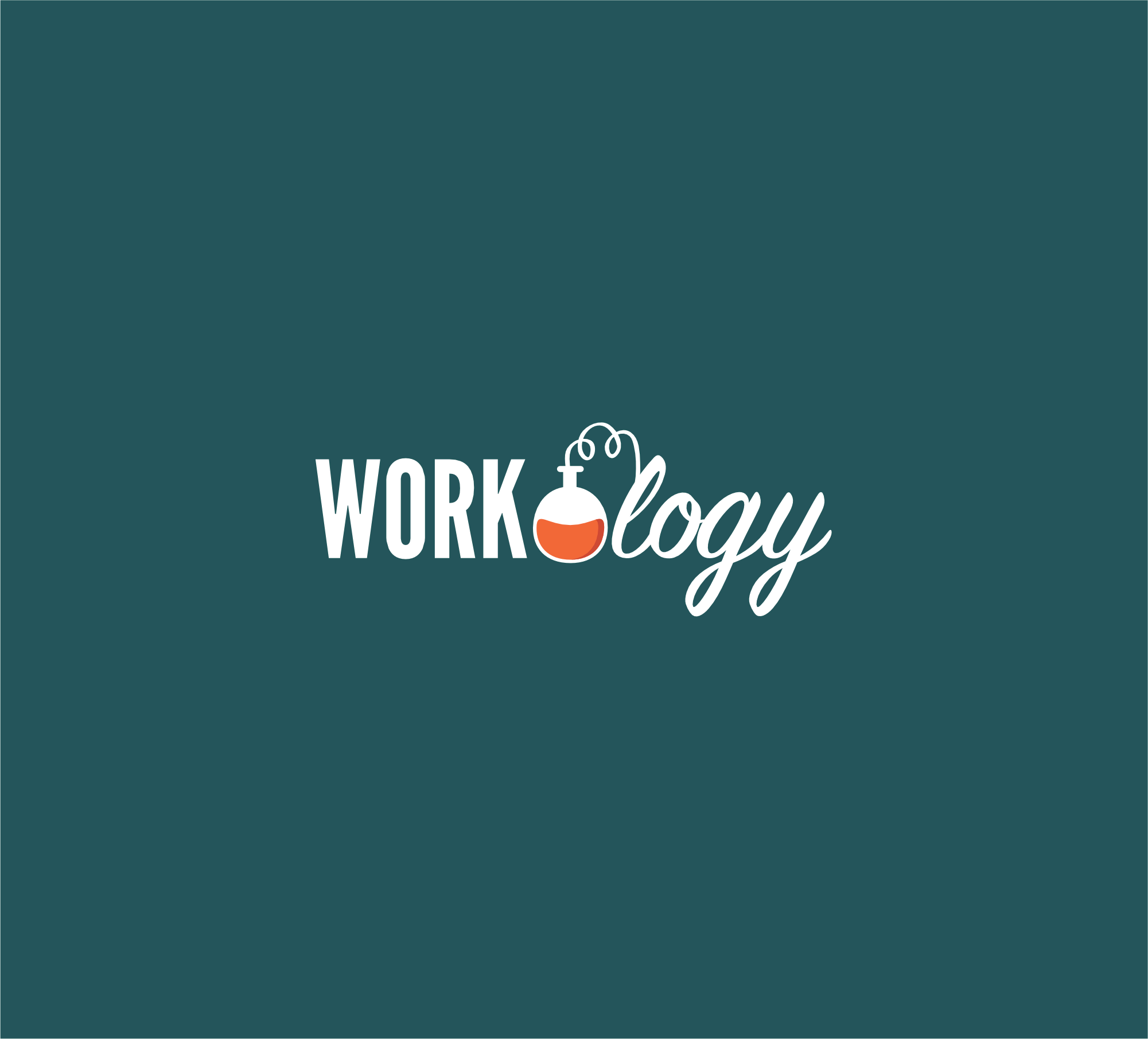Whether you’re an accountant, engineer, programmer, lawyer or administrative assistant, if you’re looking for employment, there’s one thing you have in common with virtually every other job seeker: You’ve got to write a resume.
For those new to the job hunt, that can pose a challenge. You may never have written a resume before. Or your resume might be so sparse that you wonder how it’ll convince employers you’re the new hire they’re looking for.
10 Tips for Writing Your First Resume
Don’t worry! Here are 10 tips that can make writing your first resume easier.
1. Start with the basics. Perhaps the most important element of your resume might be the one you’ve given the least thought to: your contact info. These details appear at the top of your document, and a hiring manager can’t reach out to you without them.
In general, you need to include only your phone number and email address. Swap out the cute, clever or funny email address you used in college for a more professional one. Your physical address isn’t really important at this stage of the hiring process and could even work against you if you are looking for a job in another city or state.
Add a link in your resume to your LinkedIn profile if you’ve built one (and, hopefully, you have). Leave off your other social media handles unless you use them primarily for professional purposes.
Lastly, give it final review. Are you sure the information is accurate? Check again. You don’t want a transposed number or missing letter to keep you from getting your dream job.
2. Flesh out your work history. Internships and part-time jobs are resume gold. They carry the most weight with hiring managers, so be sure to mention these when summarizing your work history. But, at the same time, don’t limit yourself. Volunteer work, involvement in a school club or organization, even tutoring could all be considered part of your work history.
3. Ditch the objective statement. You’ll find other opinions on the matter, but my feeling is that the traditional objective statement (“Recent college graduate seeks exciting entry-level role …”) adds so little value that you shouldn’t include it on your resume. Create a professional summary instead.
A summary succinctly describes your skills and qualifications and tells potential employers what you can offer. Here’s a good example: “Accounting graduate with experience gained through internship with regional CPA firm. Able to excel in fast-paced, deadline-driven office environments. Advanced knowledge of Microsoft Office applications, including expertise in Excel.”
4. Avoid empty phrases. As you write your summary and work history, be careful not to rely on overused resume phrases such as “hard worker,” “team player” and “problem solver.” Every hiring manager has heard these clichéd descriptions before, and they skip right over them. Whenever possible, show how you embody these qualities through on-the-job achievements and contributions.
5. Highlight your transferable skills. I know what you’re thinking: “How can my job as a waitress help me break into IT?” The key is transferrable skills.
Consider the tough and demanding customers you dealt with at the restaurant. The diplomacy, tact and keep-calm attitude you developed as a result of those interactions are invaluable for a help desk technician. Communication, customer service, supervisory and other similar skills are in demand by virtually all employers.
Yes, there are cases where you won’t be able to link skills gained in a previous job to your future career. But, more times than not, you’re bound to find something employers seek.
6. Don’t go overboard with your education. I’ve seen recent grads try to pump up their resumes by listing every course they took in college and, sometimes, even the grades they earned. That’s overkill. Your alma mater, degree and graduation date are enough. If your GPA is particularly noteworthy or you earned academic honors, mention that too.
7. Cut back on the personal details. Adding a “Hobbies,” “Miscellaneous” or “Extracurricular Activities” section is another way some candidates add weight to their resume. But keep in mind employers are primarily concerned about what you can do on the job, not what you do outside of it. Generic interests (cooking, reading, long walks on the beach) won’t help you stand out; they’ll only take up space. An exception is if there is a clear connection to your career, such as an award you won from a student chapter of a well-known industry association.
8. Be honest. Sure, it’s tempting to pad your achievements or work history by stretching the truth just a bit. But it’s all too easy for a hiring manager to uncover your lie. And if that happens, your professional reputation will take a permanent hit.
9. Proofread. Just one or two typos could be enough of an excuse for a potential employer to disregard your resume. So review your document carefully and ask a friend to do the same. I like to print out my resume to review, which helps me see things I would otherwise miss onscreen.
10. Ask for help. My final piece of advice: Don’t go it alone. Remember that your parents, relatives, mentors and many, many others have all been in your shoes before. Ask them to review your resume, help you identify transferable skills and make sure your document is as clean as possible. Then, offer to return the favor the next time any of them are on the job hunt.
How’s your resume coming?







